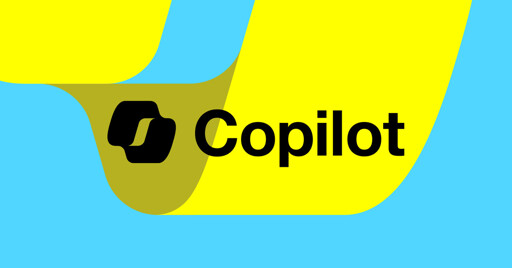LG and Samsung have both announced their 2025 smart TVs at CES this weekend, and some of them will include access to Microsoft’s Copilot AI assistant. Both TV manufacturers are chasing the artificial intelligence hype train with dedicated AI sections on their smart TVs that include a shortcut to a Copilot web app.
LG is adding an entire AI section to its TVs and rebranding its remote to “AI Remote,” in an effort to sell consumers on the promise of large language models. While it’s not clear exactly how Copilot works on LG’s latest TVs, the company describes access to Copilot as a way to allow users to “efficiently find and organize complex information using contextual cues.”
LG hasn’t demonstrated its Copilot integration just yet, but it has shown off its own AI Chatbot that’s part of its TVs. It appears Copilot will be surfaced when LG TV users want to search for more information on a particular subject.
Samsung also has its own Vision AI brand for its AI-powered TV features this year, which include AI upscaling, Auto HDR Remastering, and Adaptive Sound Pro. There’s also a new AI button on the remote to access AI features like recognizing food on a screen or AI home security features that analyze video feeds from smart cameras.
Microsoft’s Copilot will be part of this Vision AI section. “In collaboration with Microsoft, Samsung announced the new Smart TVs and Smart Monitors featuring Microsoft Copilot,” says Samsung in a press release. “This partnership will enable users to explore a wide range of Copilot services, including personalized content recommendations.”
I asked Samsung for more information or images of Copilot in action, but the company doesn’t have anything more to share right now. I’ve also asked LG and Microsoft for more information about Copilot on TVs and neither company has responded in time for publication. Without any indication of exactly how Copilot works on these TVs, I’m going to chalk this one up as a gimmicky feature that LG, Samsung, and Microsoft clearly aren’t ready to demo yet.



As far as I know, all smart TVs are user-hostile in the sense that they will be used against you if you connect them to the internet.
The least bad is Sony. Buy it, keep it offline forever, and enjoy good-quality video. Avoid all the other trash companies as if your privacy depended on it.
What makes you say Sony is the least bad? Don’t those things run a Google software stack?
They do use Android, yes. I think they are least bad because I can still buy a Sony TV, never connect it to the internet, and still have a TV that works and has a good quality picture.
There are other TV brands - one commenter mentioned Hisense - that will refuse to work until connected to the internet. Other, cheaper brands like TCL, Vizio, and Onn usually have pretty bad-looking screens comparatively. Samsung and LG usually have fine-looking screens but are also more aggressive about pushing ads on your TV than Sony is.
I despise Sony as a company and I have no brand loyalty, but in my experience they seem to offer the least bad TV overall at the moment. If anyone’s experience is different, I would appreciate them sharing it here.